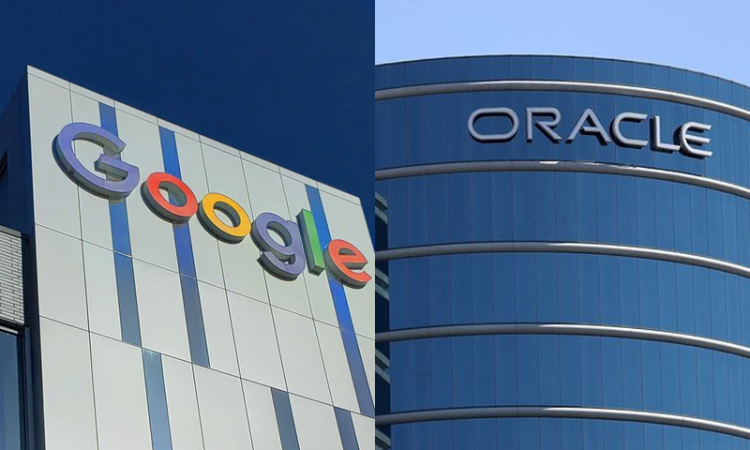Google's Copying Of Oracle's Java SE API Was 'Fair Use', Holds US Supreme Court
LIVELAW NEWS NETWORK
8 April 2021 2:44 PM IST

Next Story
8 April 2021 2:44 PM IST
Putting an end to a decade long copyright battle between Google and Oracle, the Supreme Court of United States, held that Google's copying of the Java SE API was a fair use of that material.The court (6:2) noted that the API included only those lines of code that were needed to allow programmers to put their accrued talents to work in a new and transformative program.Oracle had sued Google...
